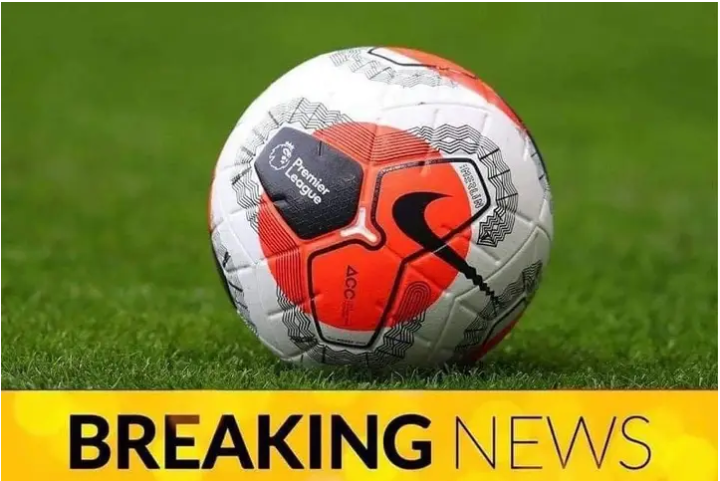Article 5 of the regulations for the Champions League of UEFA states unequivocally that participating clubs in UEFA competitions are not permitted to have any kind of influence over or involvement in any other participating club.
This regulatory framework was developed with the intention of preserving fairness and preventing any excessive influence from a single corporation over several teams, in particular in circumstances in which these teams might compete against one another.
This regulatory framework was developed with the intention of preserving fairness and preventing any excessive influence from a single corporation over several teams, in particular in circumstances in which these teams might compete against one another.
The fact that the company already owns Nice, a noteworthy club that is performing brilliantly in Ligue 1 this season, presents a potential obstacle in the way of the INEOS merger.
In the event that INEOS is successful in its bid to acquire Manchester United, both clubs would be placed under the same ownership umbrella. This would be in violation of the regulations set forth by UEFA, which prohibit closely related teams from playing against one another.
Only one of the teams would be allowed to participate in UEFA competitions if things turned out this way. Preference would be given to the club that finished better in the standings of their domestic league.
In the event that both clubs finish in the same place, UEFA will give precedence to the team that represents the association that has the highest ranking on its access list.
Since the beginning of the current season, England has maintained their position at the top of this ranking. The fact that Nice has been playing so well in Ligue 1 and is only one point behind PSG in the standings adds another layer of complication to the scenario. In the event that Nice maintains their current standing, Manchester United will need to finish in second place in the Premier League in order to acquire UEFA priority status over Nice. If United are unable to maintain their current place, they run the possibility of being disqualified from the Champions League.
The fact that UEFA regulations prohibit affiliated teams from competing against one another adds an additional layer of complexity to the situation. The side that finishes in the lower position may be required to qualify for the Europa Conference League.
This adds an additional layer of complexity to the already sophisticated web of laws and potential implications that have resulted from the INEOS merger. Both Manchester United and Nice are under increased pressure to secure a spot in Europe as a result of this.
The course that these football clubs will take over the next month will unquestionably be influenced by the next conversations that will take place between UEFA and the concerned parties.
